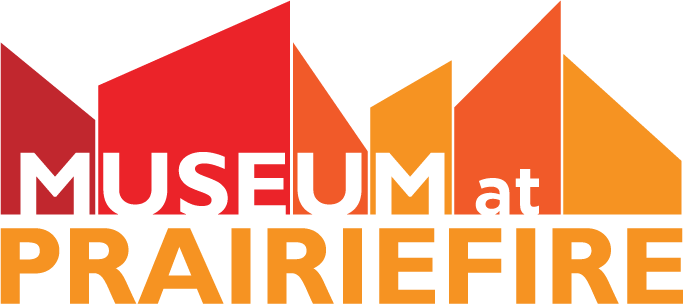Featured Events

Virtual Science Happy Hour - Understanding Memorial Spaces of the Border War
Commemoration acts much like museums. They both bring the past into the present in ways that attempt to impact the public in an emotional or educational way. This talk presents a geographic perspective on commemoration and what it holds in common with history, in general, and museums in particular. After introducing the nature of geography as a way of understanding the “landscape” and commemorative spaces, this paper turns its attention to the Border War in Kansas. It investigates three commemorative landscapes in Kansas Lawrence, John Brown, and the Kansas State Marker Program which put into perspective how geographers understand commemorative places and how those places and our understanding of them may change over time.

Virtual Science Happy Hour - Do We Need Natural History Museums in the XXI Century?
Natural History Museums originated more than 200 years ago, when the western countries were in an era of exploration. At that time, Museums provided crucial services to the economy of the western countries, and also a fundamental cultural value, by justifying the expeditions to distant lands, and obtaining specimens. Today, what is the value of museums? I would like to explore this question. Why should we care about a museum displaying and studying the bones of extinct or exotic species? I will describe in what manner being aware of Natural History is crucial to a modern society. I will talk about the role of museums in helping to shape culture, but also of their role in the economy, health and even security.
